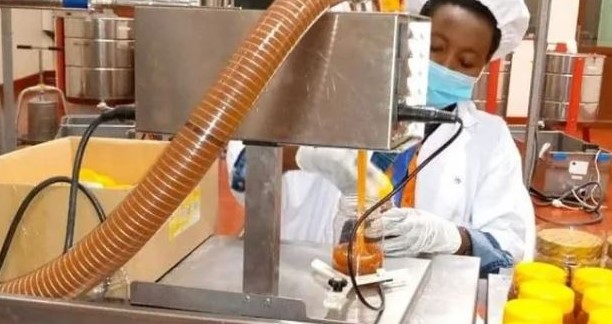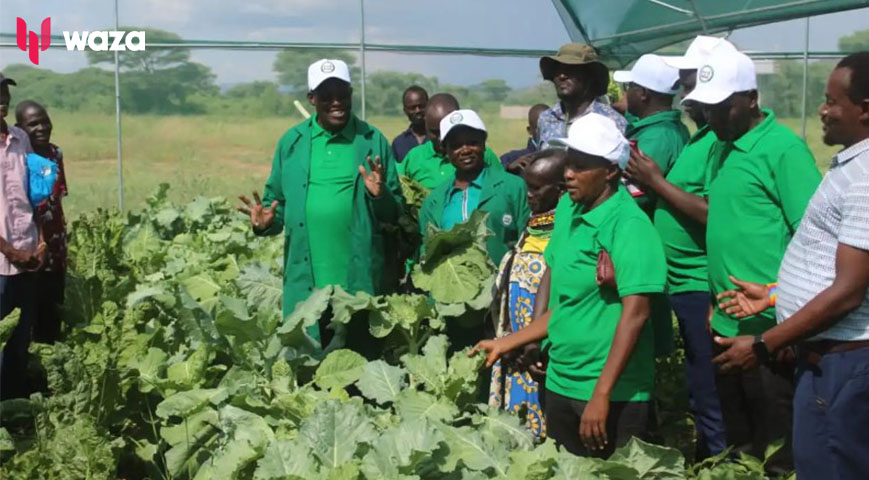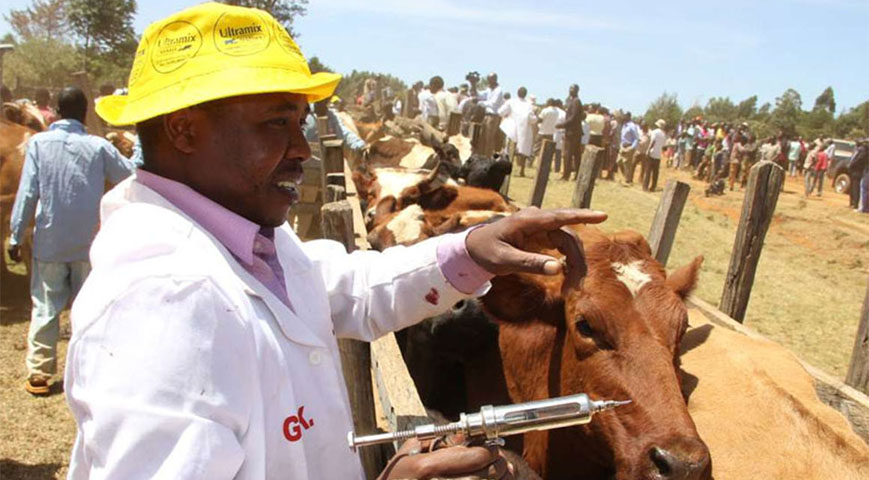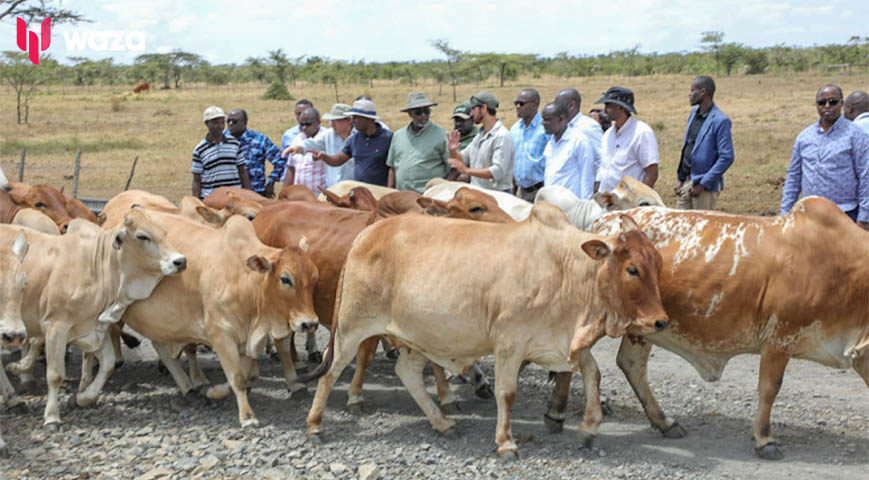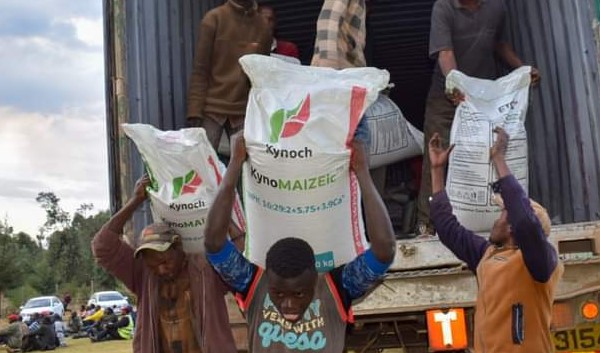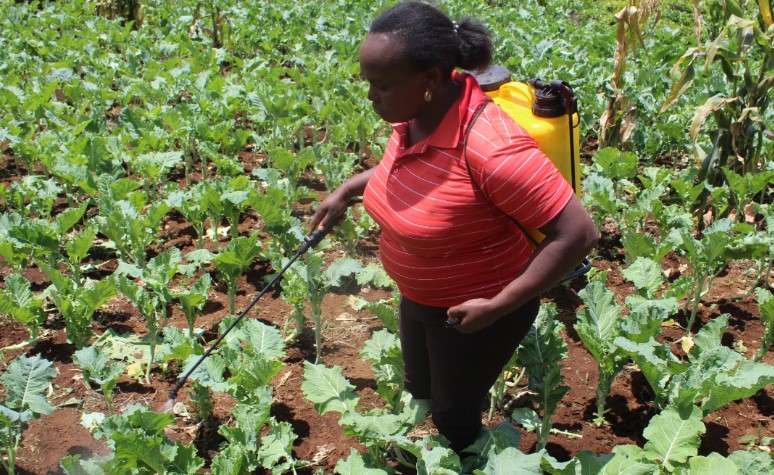German Development Cooperation (GIZ) has partnered with the LakeHub organization to launch a Kes.30 million empowerment program for youth and women engaged in agribusiness in Western Kenya.
The chicken, groundnut, passion fruit, and apiculture value chains within Bungoma, Kisumu, Siaya, Kakamega, and Vihiga counties have been asked by the digital innovation hub situated in Kisumu town to apply to participate in the initiative.
Pepea Na Agribiz: Building Wealth in Agribusiness is a youth capacity-building effort with the goals of improving food security, facilitating value addition, and establishing long-term employment opportunities for women and young people in rural areas.
It will deal with the major issues that prevent women and young people from reaching their full potential in the chosen value chains.
Dorcas Owino, director of LakeHub Programs, stated on Wednesday that the initiative would increase the skills of young people and women working in agriculture by giving them access to possibilities like business development training, business coaching, crowdfunding, investor readiness and certification.
Further, the 100 selected beneficiaries will each receive a seed grant award of Kes 300,000 to enable the women and youth to gain the requisite skills needed to upscale their agribusinesses.
“We recognize that agriculture is no longer just about digging in the soil, it is also about leveraging technology to improve productivity, increase efficiency, and income and accelerate small and medium size agribusiness enterprises,” stated Ms Owino.
She continued by saying that by offering the proper technical framework and financial assistance, women and young people in the industry will ultimately see better results, leading to the realisation of food security, employment opportunities, and wealth development.
Purity Akoth from LakeHub claims that more than 40% of Kenya's overall workforce and more than 70% of its rural residents are employed in the agricultural industry.
Although there are various financing options available from banks, venture capital, and micro-financing that assist agriculture, many small-scale agripreneurs still have to meet strict eligibility requirements that prevent them from accessing money for growth, according to Akoth.

